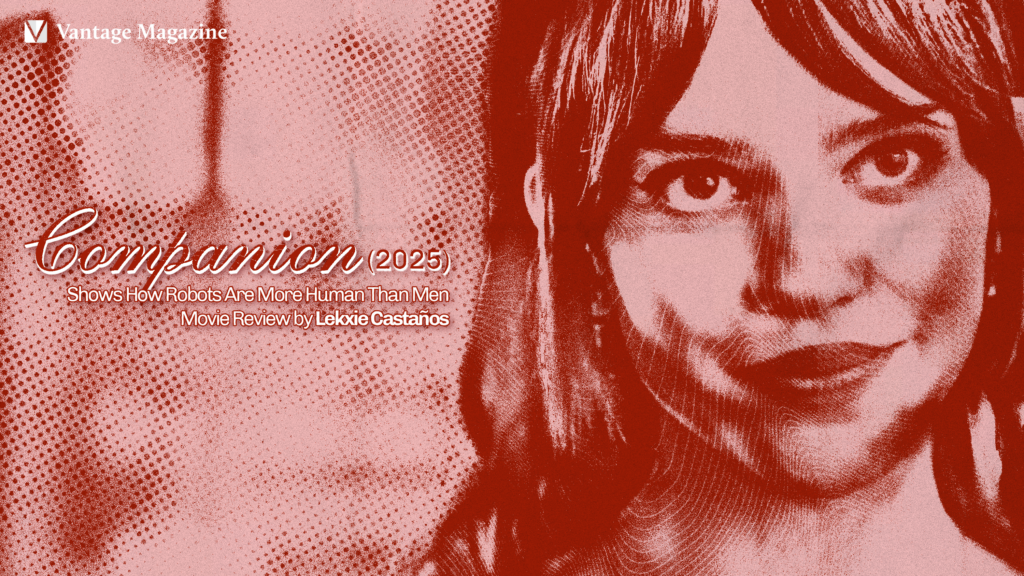“I hate this place,” our protagonist moans in Filipino just minutes into Paki. The beginning of director Giancarlo Abrahan’s sophomore production sees a disgruntled matriarch in Alejandra Molina Sanchez (Dexter Doria) getting her vision checked at a hospital. Something about her is endearingly familiar and distinctly Filipino, with most, if not all, of her exuberant mannerisms akin to your own lola back home.
The plot is simple. For reasons deemed unreasonable by her children, Alejandra wants to leave her husband of 51 years for his incurable womanizing. “Hindi na mag-iiba si Papa,” they plead, but she won’t have it. Meanwhile, her staunch, workaholic daughter Ella (Eula Valdez) is running for mayor. Her young daughter Miranda (Cielo Aquino) and grandson Raymond (Miguel Valdes) are in same-sex relationships, much to her not-so-subtle disappointment. The kids are alright.
On paper, the overall narrative seems to set the stage for a teary-eyed night out with the family. But one of Paki’s main strengths is its brighter scenes, where the Filipino grandparents’ no-nonsense approach to life and tita’s unabashed bluntness are capitalized on to successfully provide comic relief.
That is not to say the dialogue is loaded with comedic fluff. Instead, the film is at the same time heavy with themes of grief, loss, and aging. “Natatakot ako nang walang dahilan,” Alejandra laments to her daughters at one point in yet another hospital. A few scenes later, she is downing a fishbowl of beer on her own.
Abrahan’s rather simplistic execution is an excellent fit for the story, and this includes the film’s cinematography, which focuses solely on the characters and the emerging tension between them. The emotion in each scene is made palpable with every shot: In the tap left running when Alejandra leaves, and in the silence washing over the incomplete dinner table. Piano arrangements are also constantly present to set the tone, whether the scene calls for a somber or hopeful atmosphere. The production’s touch is light, with no tricks and no tropes in the way.
In a perfect contrast to the film’s introduction, it ends with Alejandra seeing things a little clearer despite still needing her daily eye drops. In the end, Paki shows that it is not just another tale of domestic woes and marital squabbles. Instead, it is a tender account of a mother’s love, and an earnest reminder that they are human too. At its core, the film is a love letter to the Filipino family. Don’t forget to bring tissue.
Rating: 5/5
Featured photo retrieved from Rappler.com






